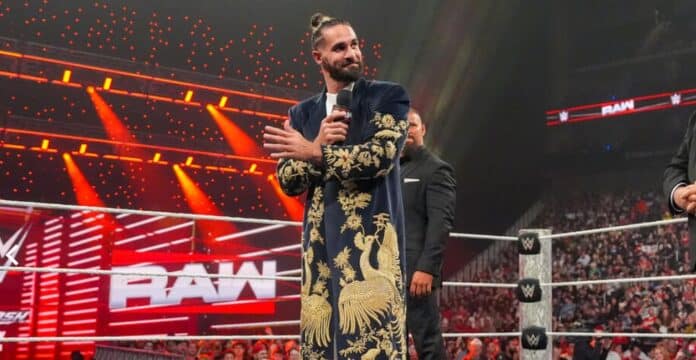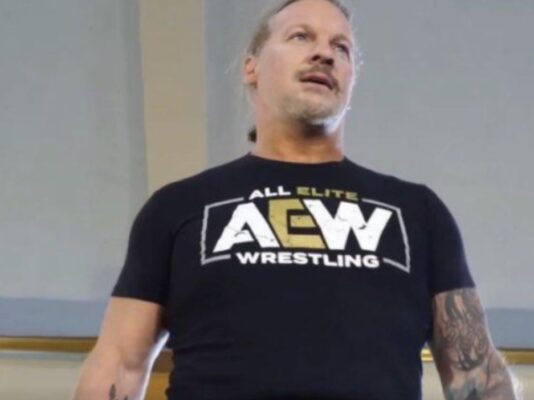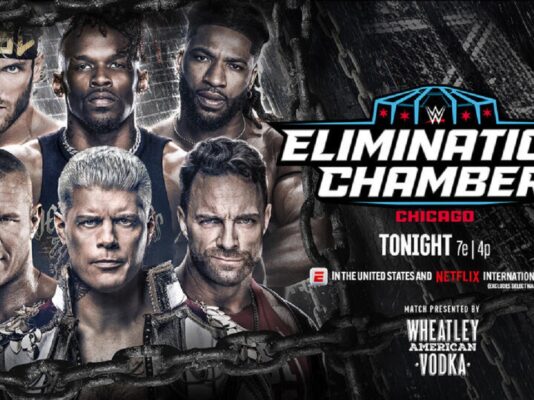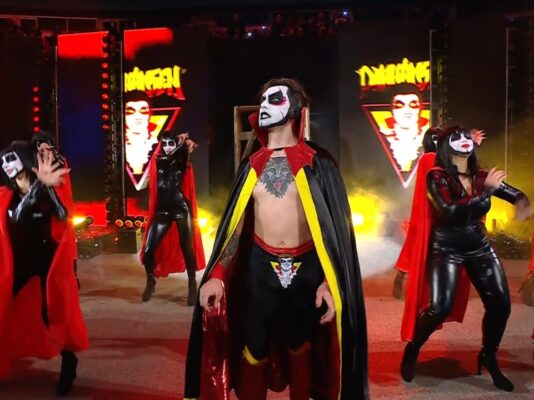
Seth Rollins has offered a blunt assessment of today’s WWE locker room, revealing that not everyone on the main roster shares the same passion for the wrestling business. Appearing on Bert Kreischer’s Something’s Burning, Rollins spoke candidly about how motivation varies among talent and why the industry ultimately forces people to confront whether they truly love the craft.
Rollins explained that for some performers, WWE is simply a job — not necessarily a lifelong passion:
“It’s a paycheck, right? It’s a job. So there are plenty of people who will do the job if they’re getting paid to do it. Now look, some people turn to it and they learn to love it after. It becomes like a love. And I don’t think anybody stays in it for a career if they don’t love it, because it will wipe you out. I mean, it is a painful, as you see, physically and mentally draining experience.”
Rollins noted that while WWE’s current schedule is far lighter than in previous eras, the lifestyle is still demanding enough that only those who develop real passion can endure the long-term grind.
He contrasted today’s environment with his earlier years, when the hectic touring schedule quickly weeded out anyone who lacked commitment:
“Now the schedule is way lighter than it used to be. We still travel every week, but we’re not doing nearly as many shows. Back in the day, when it was you and me, we were doing 200 matches a year. That would weed people out very quickly if they didn’t love it. They would just get exhausted, burn out so fast, they’d quit.”
Rollins wrapped up his thoughts by admitting that some of today’s roster members are simply not driven by a deep emotional investment in the business:
“But yeah, there are plenty of people, I would say, now on the main roster who don’t really have a love for it necessarily.”
Rollins’ remarks echo a rising conversation among fans and veterans about generational differences, shifting motivations in the wrestling industry, and how WWE’s current structure shapes the next wave of talent.












